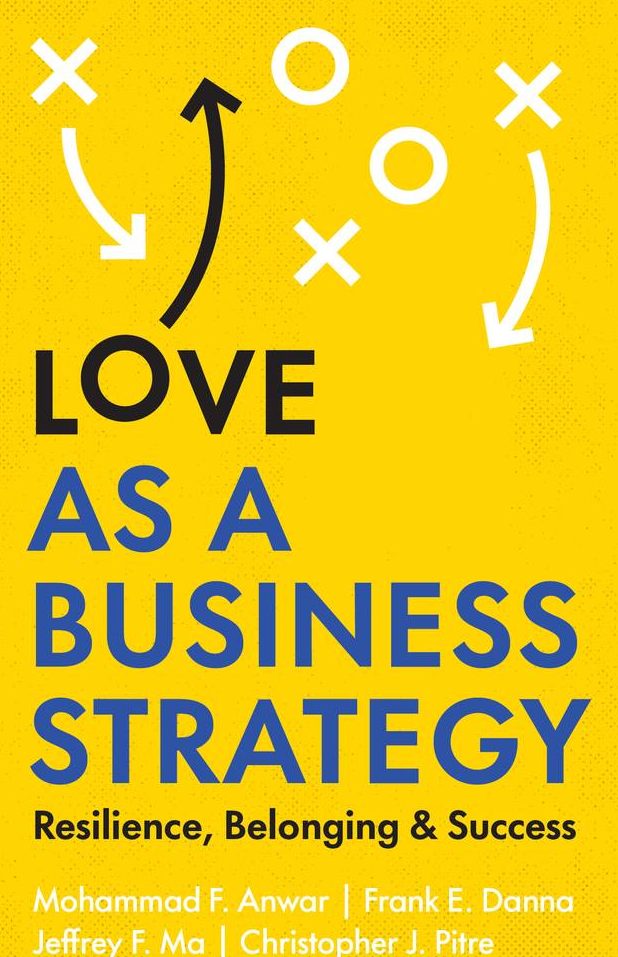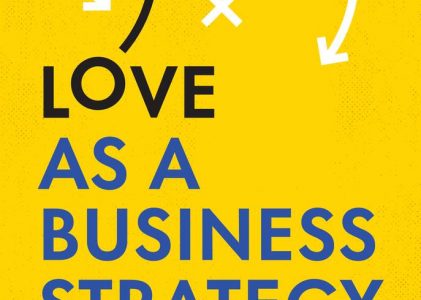
“in its simplest form, love as a business strategy means putting people at the center of work by creating a workplace that puts humanity first.” – Mohammad F. Anwar
Recently, I read a book from one of the tech darlings of Silicon Valley. The author touted their organization as one that exudes transparency and regularly recites quotes around culture. Yet, as failures are recounted, there are no apologies or acknowledgement of deeper problems. Rather, he touts their response to the failures (no matter how delayed) as proof they have a good culture. Now, I’m not saying his organization failed by responding late, but some of the failures mentioned are clearly indicators of an unhealthy culture. Readers may not know that the tech industry is replete with examples of poor leadership and unhealthy cultures. Often, we have been mesmerized by the financial successes and benefits bordering on outrageous.
“Here’s a challenge for you: can you describe your company culture without mentioning your perks and benefits?” – Mohammad F. Anwar
Love as a Business Strategy takes a decidedly different approach. The author is very transparent in sharing the failures of the company…as well as his own. As the company was losing money and facing a large layoff, Anwar realized that the organizational culture was toxic and responsible for much of the failures they were experiencing. Together with the leadership team and HR, the organization began rehabbing theri culture and slowly creating an atmosphere that truly values both employees and customers. These changes came with much pain and hard work. Readers will see and feel these challenges through the shared stories of success and failure. For example, Anwar openly shares his failures like the time he publicly chastised an employee for a failure that was actually the fault of Anwar. In this painful story, “Frank” shows Anwar that the fault was not his own. Many of us have experienced similar situations, but I suspect we have not experienced sincere apology and acknowledgement.
If you’re a leader, or aspire to be one, this book should be a part of your library. Now, more than ever, we need leaders that create cultures that truly value the people that make the organization.
“Genuine, human care creates a ripple effect throughout everything people touch in an organization. It means focusing on humanity, not just profits.” – Mohammad F. Anwar

